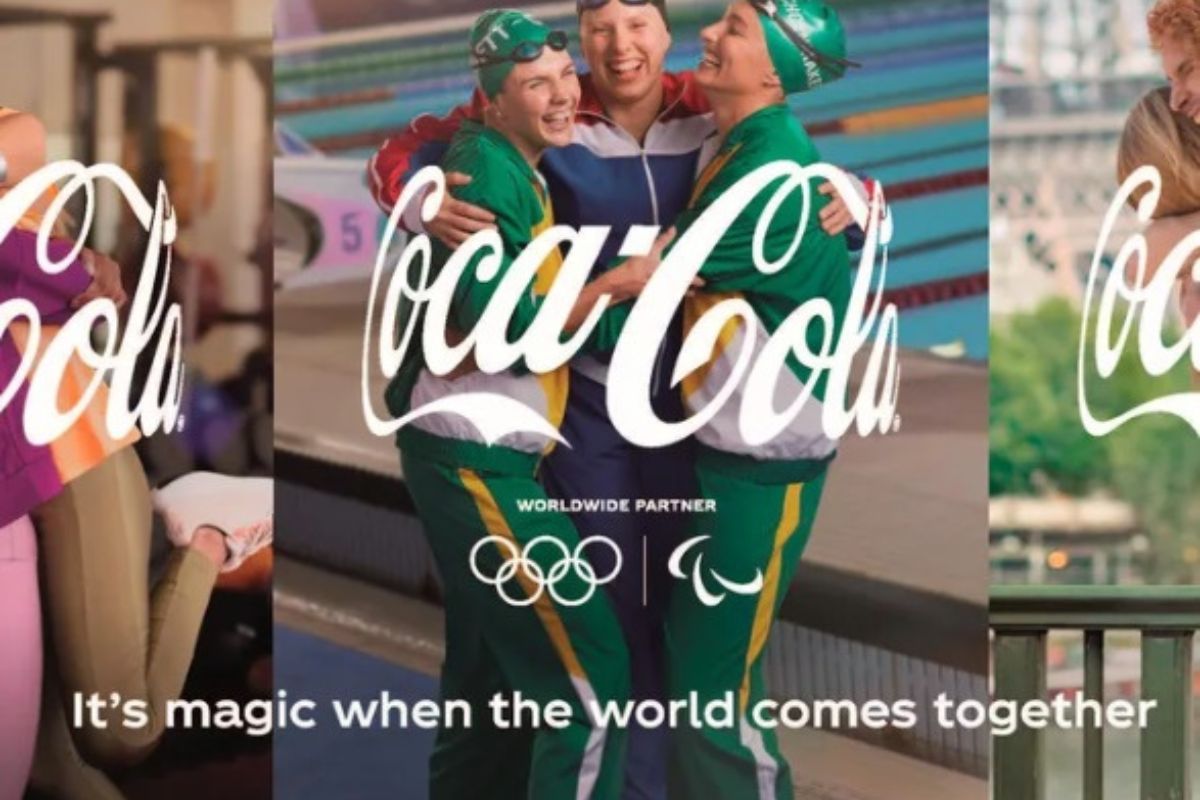Public health experts call for coherence from the International Olympic Committee (IOC): it's time to say enough to Coca-Cola as a sponsor of the Olympics

@coca-cola company
The Olympics, and sports in general, symbolize health and well-being. It appears the time has come to question a long-standing sponsorship that many public health experts believe contradicts these very principles.
We are talking about Coca-Cola, a brand known for its sugary soft drinks, which have been linked to serious health issues such as diabetes, obesity, and cardiovascular diseases through countless studies.
Coca-Cola is the longest-running sponsor of the Olympic Games, with a partnership dating back to when the beverage still contained cocaine. Today, the company spends about $20 million annually to associate its brand with the Olympics, but this collaboration is drawing increasing criticism.
Coca-Cola sponsorship incompatible with Olympic values
Coca-Cola’s sponsorship is undoubtedly at odds with the image of health and well-being that the Olympics should represent. For several years, leading experts and public health organizations have been pressing to end this sponsorship.
Among them is the Centre for Science in the Public Interest (CSPI), which leads the international campaign “Kick Big Soda Out of Sport“, recently launched with support from 66 partners.
The CSPI argues that the partnership between the International Olympic Committee (IOC) and Coca-Cola undermines the mission of the Games to promote a better world through sport. The campaign aims to raise public awareness and legislative action on the harmful effects of sugary drinks and has also launched a petition calling for an end to the sponsorship.
In the petition, it states:
“Dear International Olympic Committee:
Sugary drinks harm people and our planet. By accepting billions from Coca-Cola to sponsor the Olympic Games, the IOC implicitly supports a world where health and environmental damages are ‘swept away by sport,’ undermining commitments to use sport to create a better world.”
Many other experts echo this call for consistency. Robert Lustig, a pediatric neuroendocrinologist and researcher, describes fructose, one of the sugars in Coca-Cola, as a “metabolic mitochondrial poison.” According to Lustig, Coca-Cola’s association with the Olympics is particularly harmful, given the contrast between the healthy image of athletes and the promotion of products contributing to severe health issues.
Marian Nestle, a professor of nutrition, food studies, and public health at New York University, also criticizes Coca-Cola’s sponsorship, highlighting how the visibility of athletes with Coca-Cola bottles can distract from the harmful effects of sugary drinks.
A Call for Consistency
Ultimately, international experts are calling for consistency: sport is healthy and can make the world better, but Coca-Cola does not contribute to this goal.
This debate recalls the successful campaigns of the 1980s that led to the ban on tobacco advertising during the Olympics. The Olympics have previously made significant strides in distancing themselves from tobacco and alcohol, but Coca-Cola’s presence as a sponsor remains a contradiction that needs to be addressed swiftly.
It is time to make a conscious choice aligned with the well-being of people and the environment to ensure the Olympics remain a true symbol of health.
Environmental concerns
Moreover, Coca-Cola is currently under fire for its extensive use of plastic during the Olympics, despite the Paris Games’ commitment to reducing single-use plastic. The company defends itself by citing technical and logistical constraints, but criticisms from environmental organizations, accusing Coca-Cola of “greenwashing” continue to grow.
Source: Kick Big Soda Out of Sport
